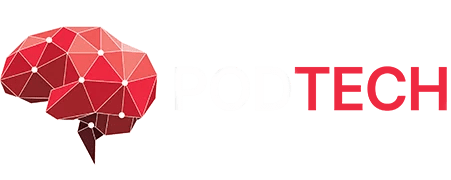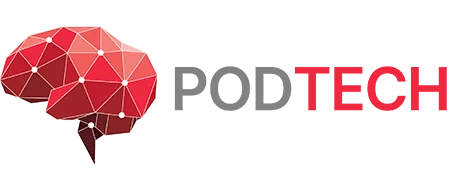Ethical Data Extraction are moral principles that govern a person’s behavior or the conducting of an activity. Some many professions have ethical rules and mode of conduct guiding them, such as engineers, physicians, pharmacist e.t.c data science should not be left out especially when it concerns data extraction.
The internet is currently experiencing a rush, specifically when it comes to data extraction. With the fact that data is now dubbed as the “new oil” in terms of its value, the field is open to different individuals alike, which has led to some unprofessional activities that extend all the way towards the acquisition of password-protected data. Even in cases of easily extracted public data, ethics can come into question, particularly when the information is acquired without explicit permission.
The central challenge of ethical data extraction is that there is no collective standard of data extraction ethics to point to. However, this has prompted considerable debate, both philosophical and legal, about the right, legitimate, and proper ways to use data, especially publicly available data.
Ethical issues concerning data may appear more challenging than other technologies because data and data science are found everywhere with the potential of impacting all aspects of life, and partly because of their complexity.
Ethical Concerns
Companies face an ethical dilemma when deciding if they should make a person aware his/her information is being stored for future data mining. By giving a person the option to opt out of data collection, a company can hurt its competitive advantage in a market place, also if the company give less concern to ethics, this might cause a loss in good will from consumers and invariably suffer from a backlash from the company’s consumers.
Therefore, companies must be aware of ethical issues concerning data mining and act responsibly; they must also consider the wisdom in what they are doing whenever personal data is being collected.
Individuals need to be protected from any unethical use of their personal information, and before they make any decision to provide their data they need to know:
- how this information will be used,
- why is it being use,
- what parts of the information are going to be taken,
- What consequences this action will have.
With this, Individuals will have the foresight of the reasons and consequences of using their information which will in turn protect their privacy and individuality.
Privacy and individuality when it comes to data collection can’t be overemphasized and these factors must be valued and protected.
Data mining is usually considered to be morally neutral; however, the way this data is being used may raise questions and concerns about ethics. Data need to be used in the right purpose to make sure people are safe.
The ethical use of data goes deeper than simple regulatory compliance. companies are waking up to a new reality in which consumers and their own employees want them to put a brake on how much data they gather and what they do with it.


